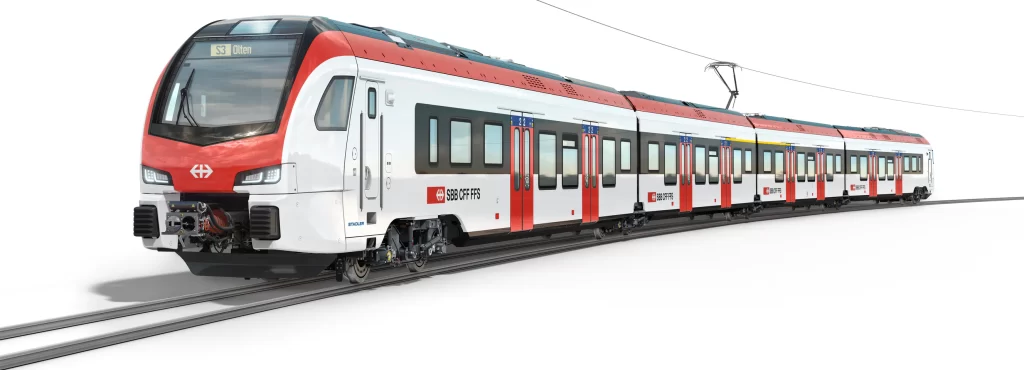Court Rules in Favor of SBB for 286 Regional Service Units
In October of 2021, Stadler was awarded the contract for 286 single-deck multiple units. The Federal Administrative Court confirms the award of the contract to Stadler, and has dismissed Alstom's appeal. Together with its subsidiaries…
